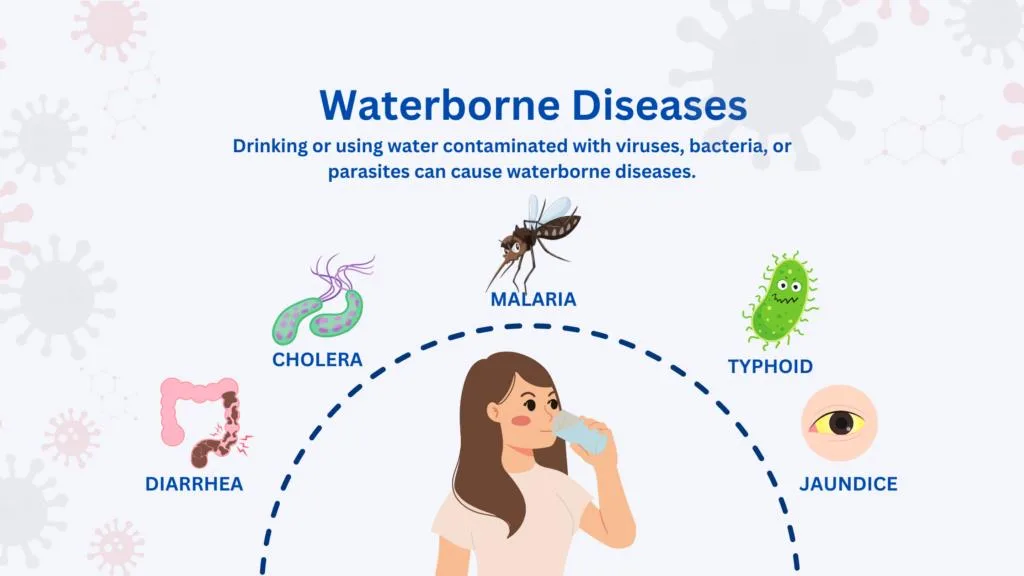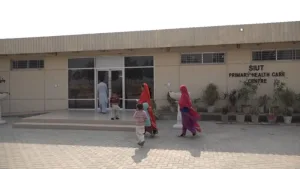Preventing Water-Borne Diseases in Pakistan’s Flood-Hit Regions
Urgent Health Advisory Amid Rising Infections Following a sharp increase in water-borne and food-borne illnesses across flood-affected districts, Pakistan’s Health Department has issued comprehensive guidelines to protect vulnerable communities. Over 3,000 cases of scabies have been reported, with 395 new infections recorded in just 24 hours across 11 districts. Additional outbreaks include respiratory infections, diarrhoea, malaria, eye infections, and even dog bites.
Hygiene Practices to Curb Disease Spread The advisory emphasizes the importance of personal hygiene and wound care. Residents are urged to:
- Wash wounds with soap and clean water
- Avoid contact with infected individuals
- Refrain from sharing personal items like towels and bedding
- Keep wounds covered and away from contaminated floodwater
These simple steps can significantly reduce the risk of infection and transmission.
Safe Water and Food Handling Guidelines Contaminated floodwater poses a major threat to public health. The Health Department advises:
- Using only clean drinking water for consumption and cooking
- Thoroughly washing fruits and vegetables
- Avoiding food preparation with floodwater
- Ensuring water used for ablution and washing is safe
These precautions are essential to prevent gastrointestinal illnesses and other water-borne diseases.
Healthcare Response and Medical Support To manage the crisis, over 467,000 patients have been treated at health facilities and temporary medical camps across affected districts. The government has deployed bed nets, launched awareness campaigns, and reinforced preventive measures to combat vector-borne diseases like dengue and malaria.
Floods Damage Healthcare Infrastructure The floods have severely impacted healthcare delivery, damaging 60 health facilities and destroying homes of lady health workers who had been using their residences as community care centers. Despite these setbacks, emergency services continue to operate, prioritizing care for women, children, and other vulnerable groups.
A Call for Community Vigilance As Pakistan navigates the aftermath of devastating floods, public cooperation and adherence to health guidelines are critical. By practicing safe hygiene, using clean water, and supporting local health efforts, communities can help contain the spread of disease and protect lives.




+ There are no comments
Add yours